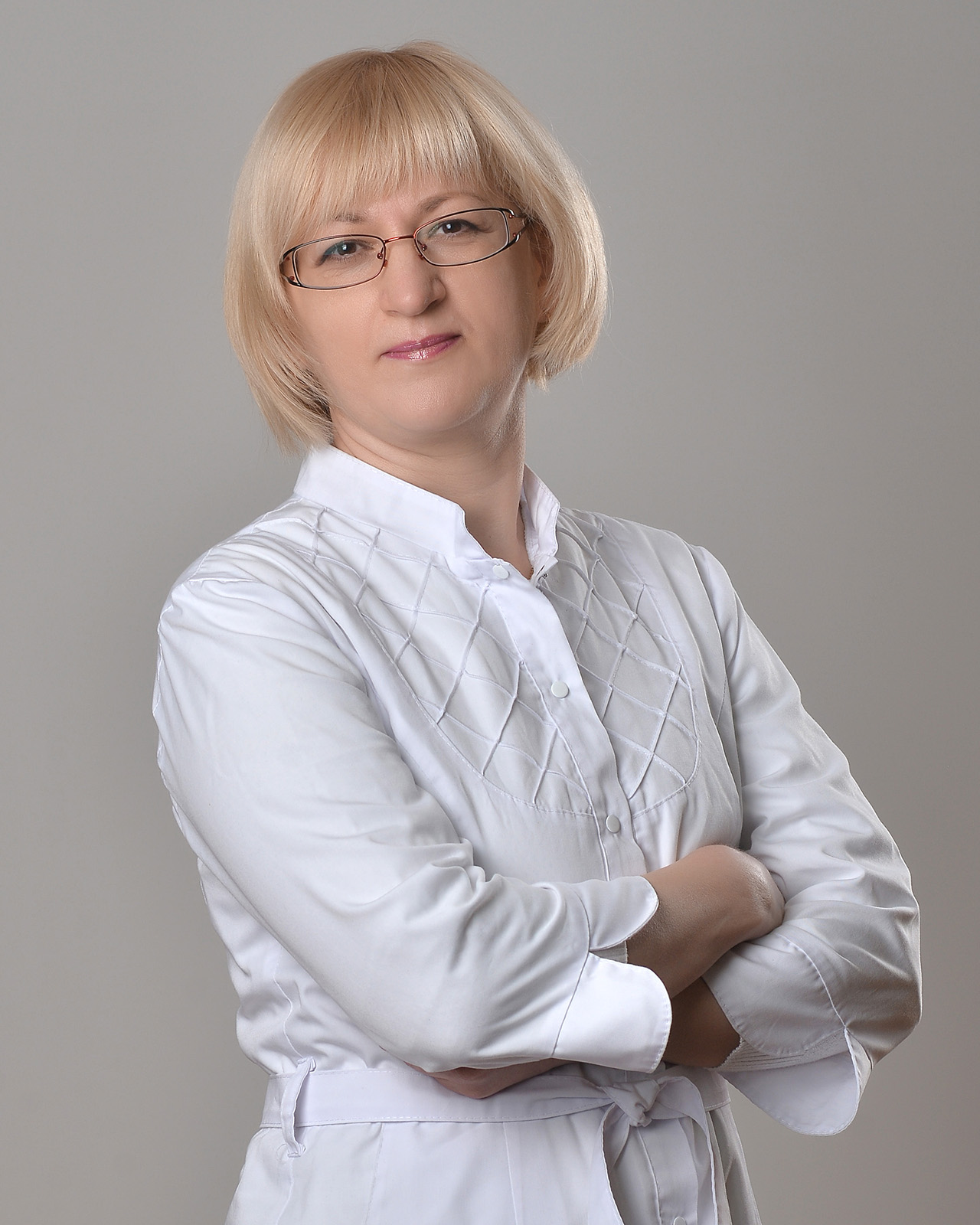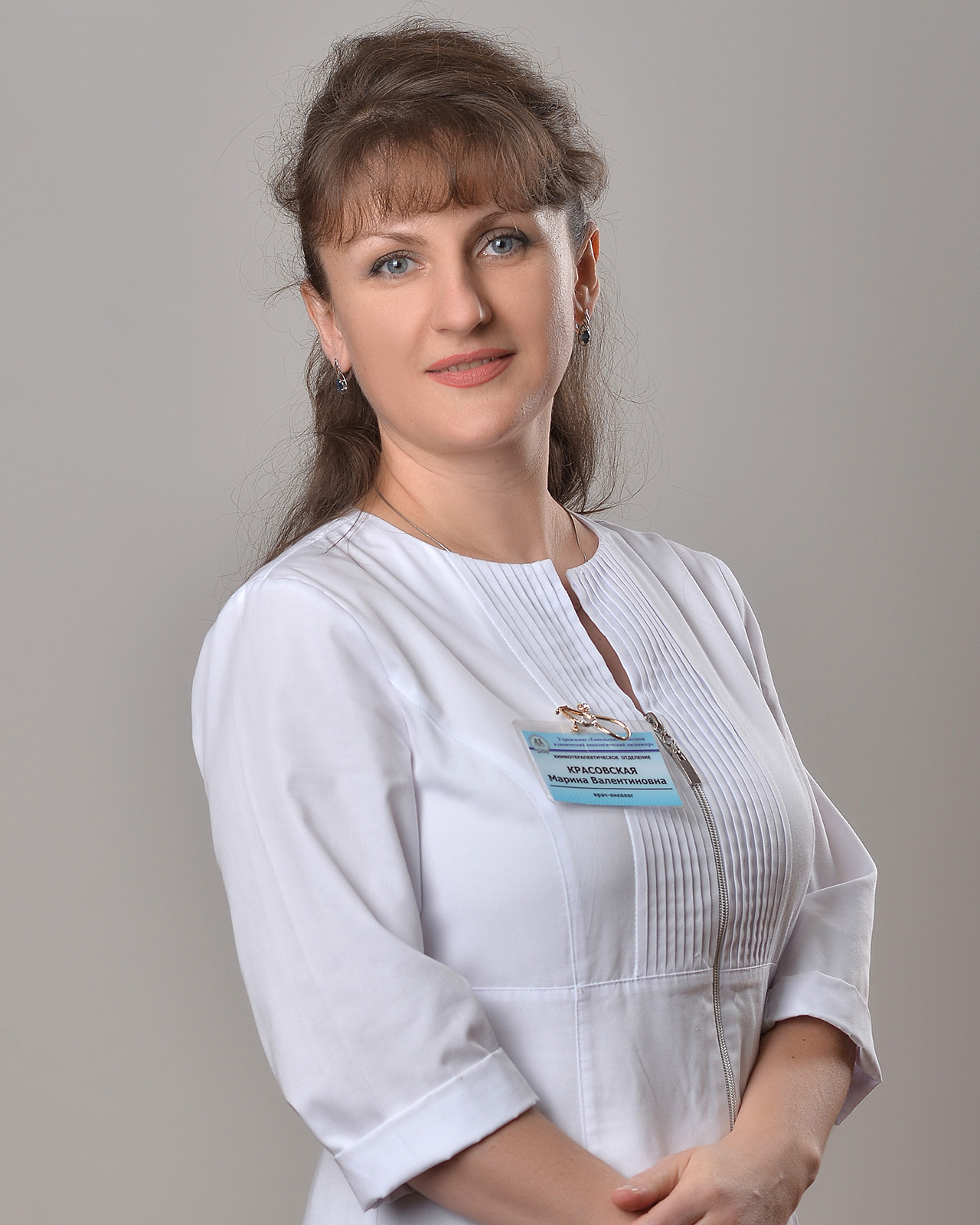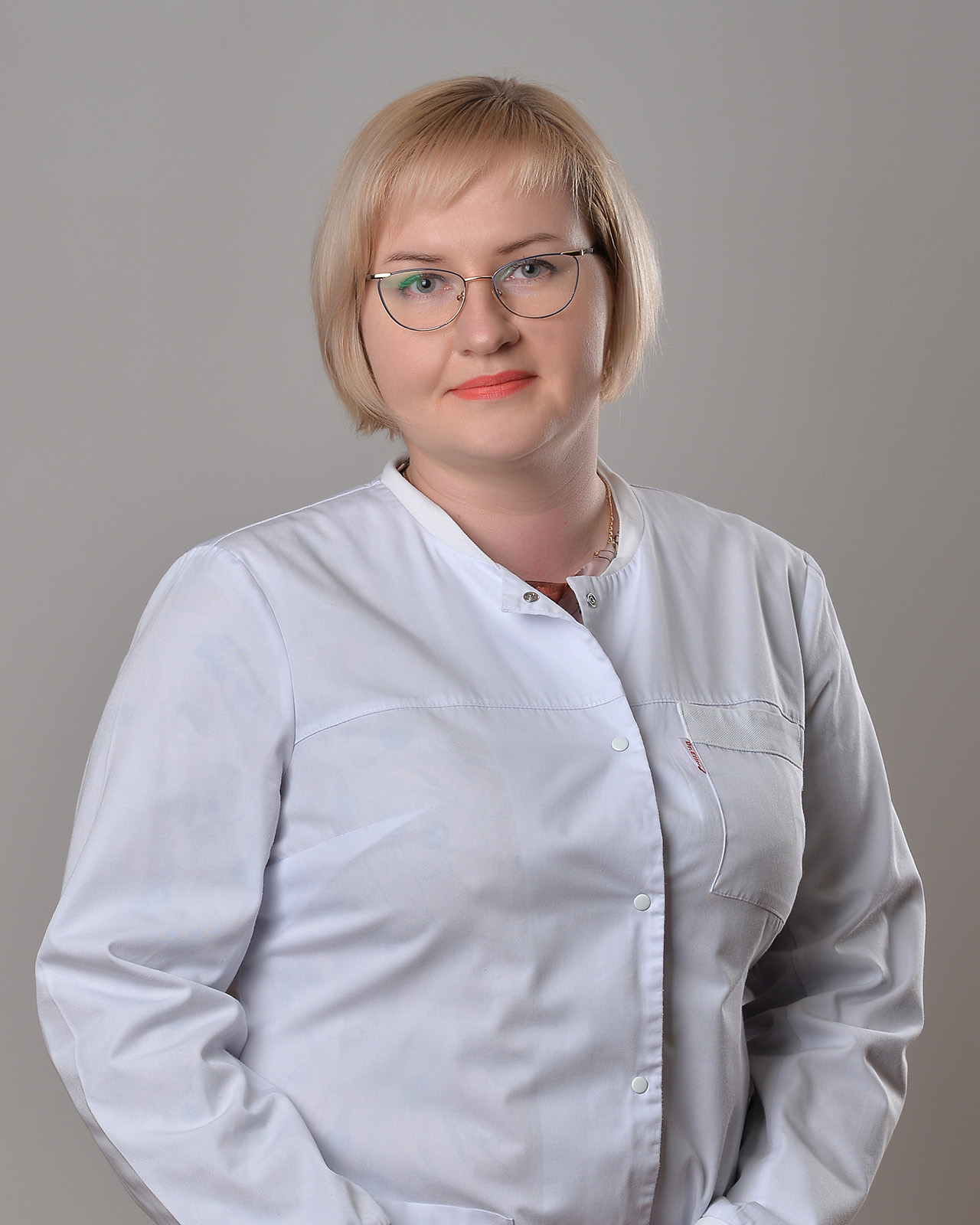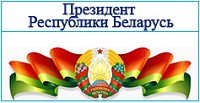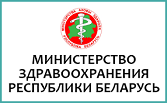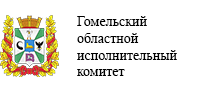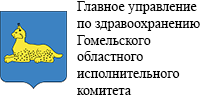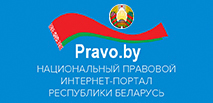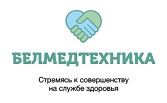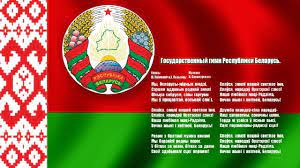Oncological chemotherapeutic department
The department was opened in 1991. Initially, the bed capacity is 40 beds. The chemotherapy department is deployed to 50 beds on the basis of Building №1 of GOKOD at Gomel, ul. Tsiolkovsky, 119 a.
From 1991 to 1993, the department was headed by Ph.D. Derbeneva LI
From 1993 to 1997 - Snigur Anna Leonidovna, the first category on oncology.
From 1997 to 2014 - Savchenko Irina Viktorovna, the highest category in oncology.
Currently - Borsuk Olga Alexandrovna, the first category on oncology.
Branch staff:
Sergeeva Tatyana Vasilievna
Head of the department
Graduated from the Gomel Medical Institute in 1997. Highest qualification category. She has been working in the department since 2005. Member of the Belarusian Society of Oncologists
Zaletilo Tatiana Eduardovna
Doctor-oncologist of the first qualification category
In the department since 1998.
Krasovskaya Marina Valentinovna
Doctor-oncologist
Graduated from Gomel Medical University in 2008. Second qualification category. In Gokod works since 2017. She has been working in the department since 06.2019. He is a member of the Belarusian Society of Oncologists
Pulkina Svetlana Sergeevna
Doctor-oncologist
In the department since 2014.
Rabenok Maria Alexandrovna
Doctor-oncologist
Graduated from the Belarusian State Medical University in 2012. First qualification category. In Gokod works since 2015. She has been working in the department since 08.2019. He is a member of the Belarusian Society of Oncologists.
All the doctors passed specialization on the basis of NIIOiMR in Minsk.
Doctors of the department own a number of diagnostic and therapeutic manipulations - pleural and sternal punctures, laparacentesis.
The main activity of the chemotherapy department is the selection and conduct of chemotherapy, hormone therapy and targeted therapy in patients with malignant tumors, both as part of complex treatment, and as an independent treatment.
Chemotherapy is a method of treating cancer with the help of medications. Before the appointment of this procedure, the human body is subjected to a thorough and thorough examination to assess its general condition and determine the operability of the organs. The attending physician should take into account all the characteristics of the patient's organism, while any chronic diseases or age are not grounds for refusing treatment with the drugs.
Chemopreparations can partially or completely destroy malignant formation, contain growth and division of cancer cells, affecting their membranes or destroying their structure. There are medicinal substances that not only fight with malignant cells, but also increase the body's protective reserves, that is, they help in the work of immunity.
In the last 10 years so-called "target chemotherapy" (from English "target" - goal) is developing rapidly, based on the principles of very precise and selective influence on the fine molecular mechanisms of metabolism, reproduction and migration of tumor cells. These mechanisms in cancerous and healthy cells sometimes differ very significantly. In such cases, targeted chemotherapy based on a deep understanding of the molecular mechanisms of the development of a particular tumor and the introduction of certain drugs that are able to selectively block the corresponding processes in tumor cells, but at the same time have little effect on the metabolism of the healthy. Targeted chemotherapy allows a greater degree of impact on tumor cells, with a minimum of side effects. Now target therapy is widely used for chemotherapy of breast, liver, intestines, uterus and ovaries and many other cancers.
In modern medicine, for the treatment of tumoral diseases, as a rule, the administration of several drugs is prescribed. Properly selected complex of drugs in the vast majority of diseases more powerfully affects the tumor. What kind of complex of drugs is needed for a specific patient, an experienced oncologist should prescribe. The decision depends on the type of malignant formation, the extent of the spread and the location of it, as well as on the general condition of the patient.
There are such kinds of cancer that can be cured only with the help of chemotherapy. However, for most types of cancers this is not possible and in these cases, medications are prescribed to alleviate symptoms and to control the development and content of the disease.
Conducting chemotherapy can be applied depending on the stage and type of disease for obtaining the following results:
- Complete destruction of malignant neoplasm;
- Reducing the size of the tumor and obtaining the necessary conditions for surgical intervention;
- Slowing the growth of tumor cells and destroying a tumor that can metastasize to other organs and tissues of the body;
- Destruction of malignant cells that were not surgically removed.
As a rule, chemotherapy is prescribed in conjunction with radiotherapy and surgical intervention. Some patients receive it before surgery to reduce the size of the tumor, others - on the contrary after radiation therapy or surgery, to destroy the remaining cancer cells. In some cases, the use of chemotherapy is the only cancer treatment method ..
Most often, the drugs are administered intravenously. It happens that the chemo-composition is injected through the catheter into the artery or vein for several days continuously.
The duration of the procedure depends on the type of cancer, the drugs used, the purpose of treatment, the response of the patient's body. The time of taking the drug and the number of courses should be prescribed exclusively by an experienced oncologist.
In our department, chemotherapy is performed in adjuvant (postoperative) and neoadjuvant (pre-operative) regimens, therapeutic chemotherapy of tumors of the following localizations: mammary gland, stomach, intestine, pancreas, bladder, prostate, lymphoid tissue (all types of lymphomas), sarcomas of bones and Soft tissues, melanoma, head and neck tumors, bone metastases by the introduction of zoledronic acid, tumors from an unidentified source.
CONSULTING - BY PRELIMINARY RECORDING BY TELEPHONES:
8 (0232) 23 42 92 +, 8 (044) 544 51 53
Patients who are not citizens of the Republic of Belarus can be treated on a paid basis.
The cost of one course of polychemotherapy ranges from 40 to 2000 US dollars (with targeted therapy).

